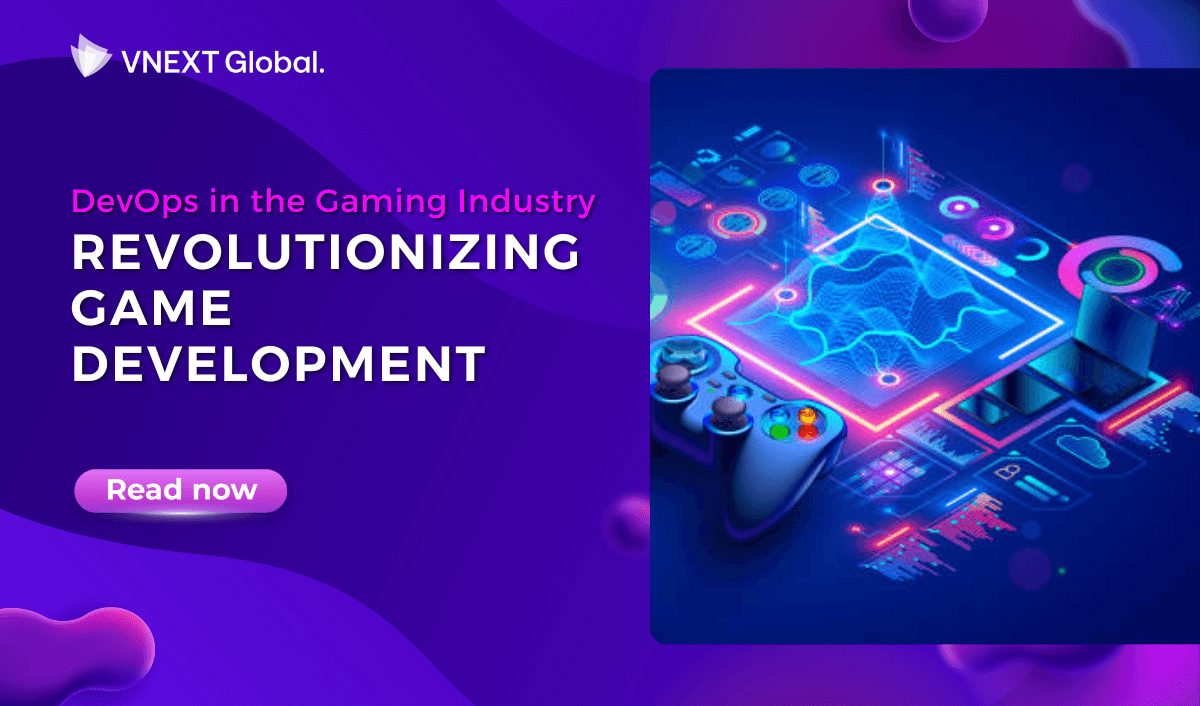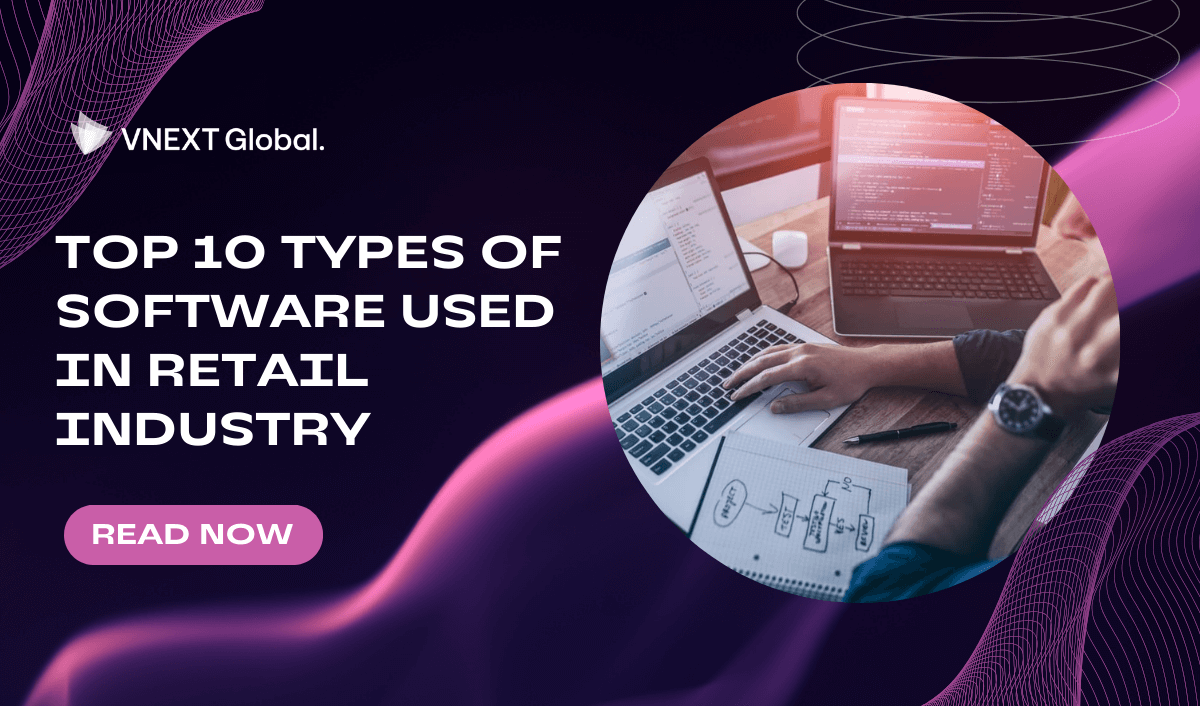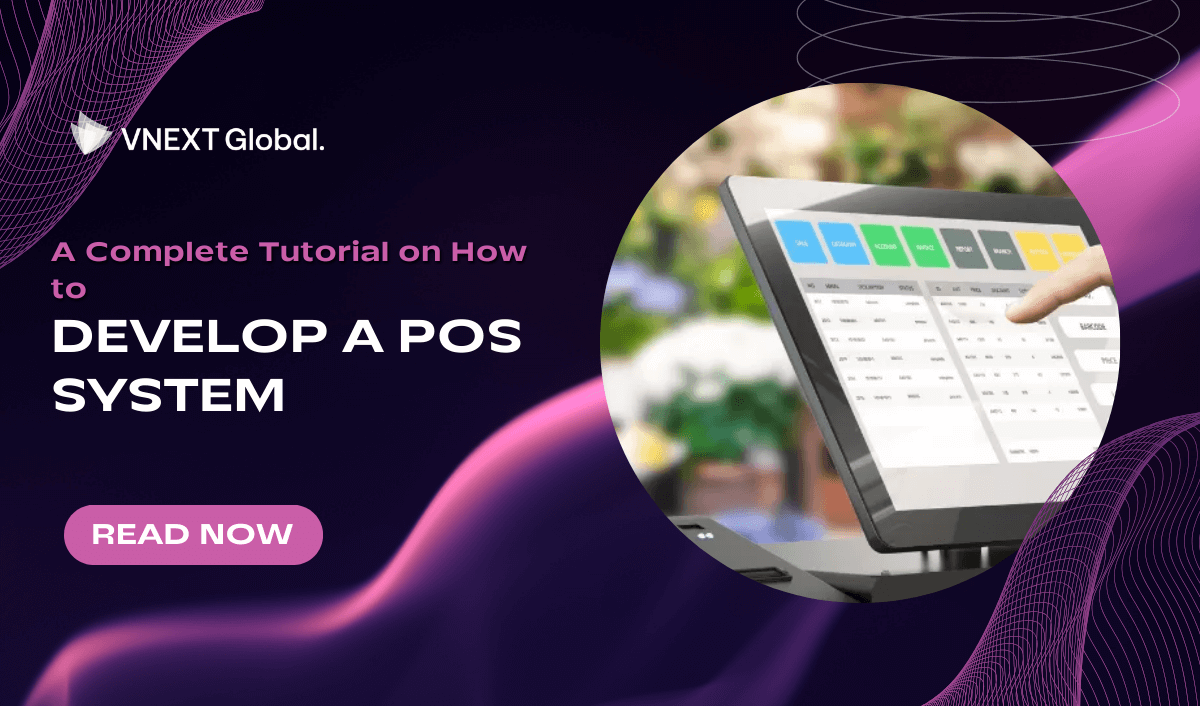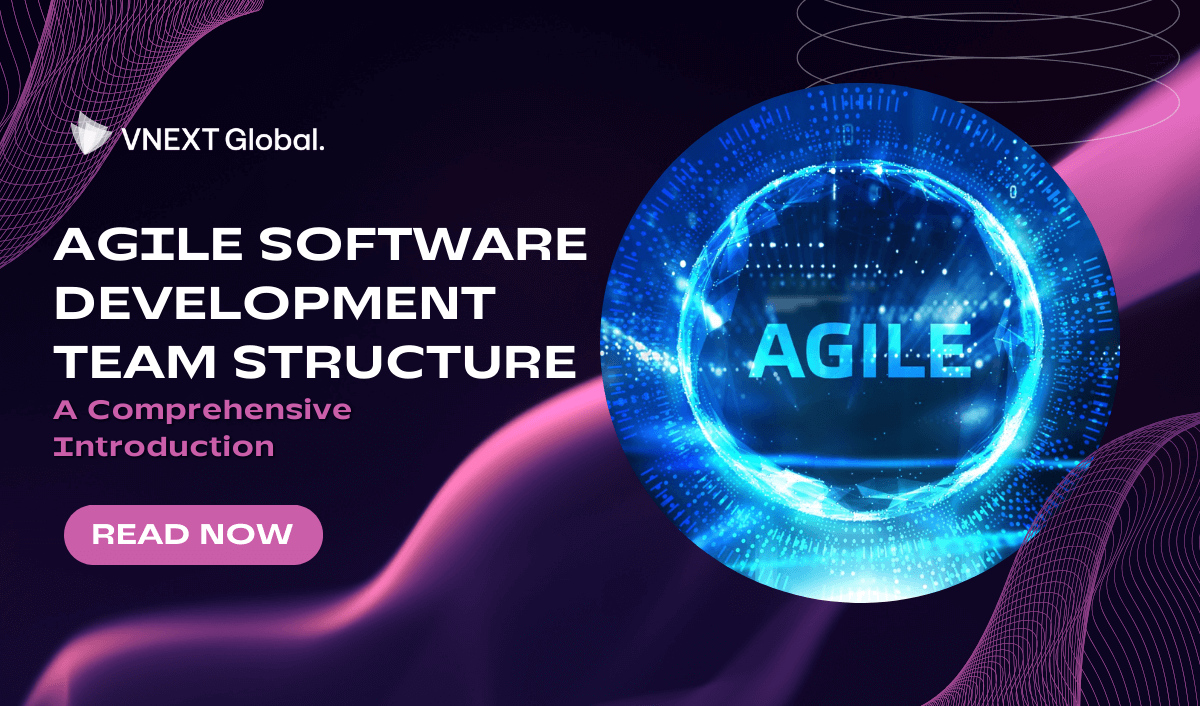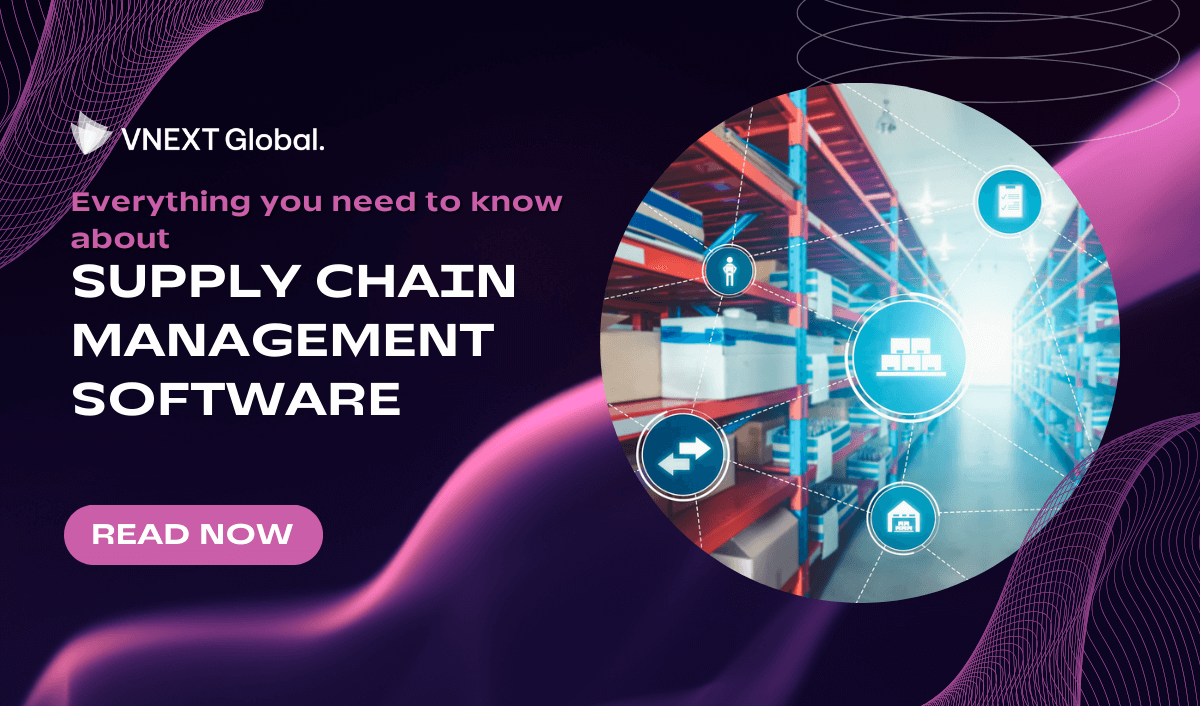DevOps in the Gaming Industry: Revolutionizing Game Development
The gaming industry has witnessed an exponential surge in popularity over the past few decades, and it's no secret that technology plays a pivotal role in this transformation. However, one often overlooked aspect of game development that has become increasingly vital is DevOps. DevOps, a fusion of "development" and "operations," is a methodology that aims to streamline software development, automate processes, and enhance collaboration between development and IT operations teams. In this blog, we will delve into the world of DevOps in the gaming industry, exploring its relevance, benefits, impact on the game development lifecycle, the integration of DevOps tools, and where to find DevOps expertise! Let’s get started!
What is DevOps in the Gaming Industry?
In essence, DevOps is a cultural shift and a set of practices that emphasize collaboration and communication between software development and IT operations teams. Its relevance in the gaming industry is profound. Game development is a highly iterative and resource-intensive process, often involving large teams of artists, designers, and developers working together to create immersive virtual worlds. As games become more complex, the need for efficient development processes becomes paramount.
DevOps in the gaming industry entails breaking down silos between different departments, such as game design, development, quality assurance, and operations. This cross-functional collaboration ensures that developers and operations teams work hand in hand, addressing issues like infrastructure provisioning, continuous integration, and continuous delivery (CI/CD), and automated testing. As a result, game development teams can respond faster to player feedback, fix bugs, and release updates seamlessly, enhancing the overall gaming experience.
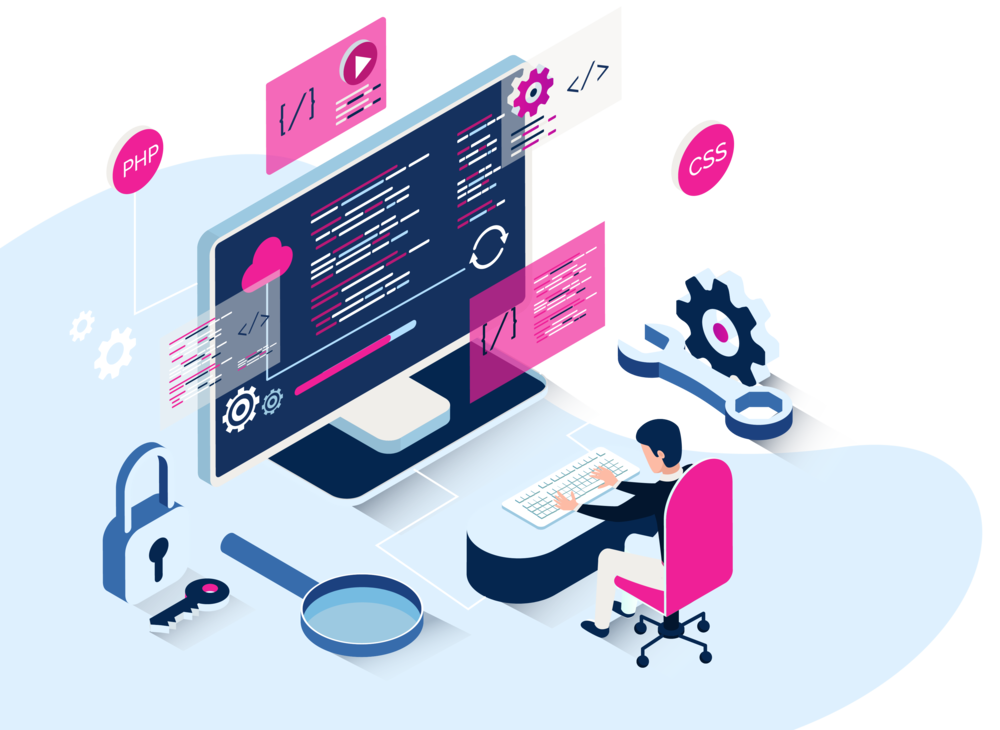
Benefits of DevOps in Gaming:
Faster Time to Market:
In the highly competitive gaming industry, speed is of the essence. DevOps practices enable rapid development, testing, and deployment of new game features and updates. According to a report by DORA (DevOps Research and Assessment), high-performing DevOps teams release software 208 times more frequently and achieve a 106 times faster mean time to recover from incidents compared to low-performing teams.
Enhanced Quality and Stability:
DevOps practices emphasize automated testing, which ensures the early detection of bugs and reduces the likelihood of game-breaking issues. This results in a more stable gaming experience, reducing player frustration and churn.
Improved Collaboration:
DevOps fosters collaboration and communication between teams, breaking down traditional barriers. Developers and operations teams work together to automate processes, resulting in a smoother development pipeline.
Cost Efficiency:
By automating repetitive tasks and optimizing resource utilization, DevOps reduces operational costs. According to a study by Puppet, high-performing DevOps organizations spend 22% less on unplanned work and rework than low-performing ones.
Better Player Experience:
Ultimately, DevOps in the gaming industry leads to a more satisfying player experience. Frequent updates, quick bug fixes, and enhanced stability keep players engaged and loyal to the game.
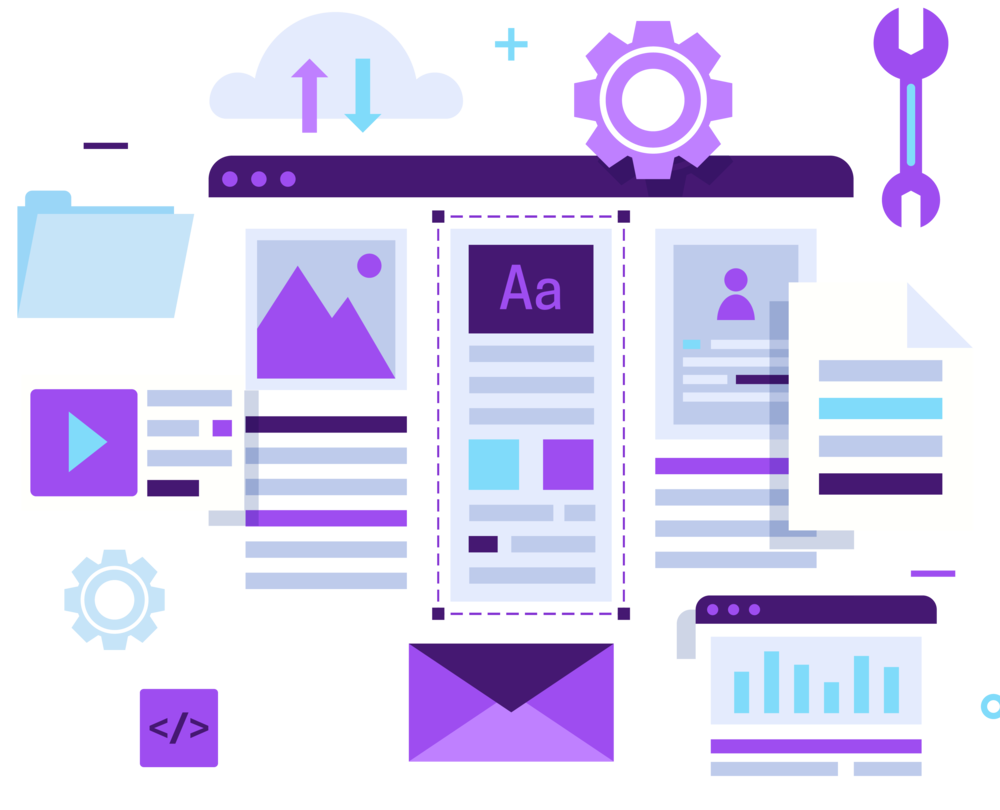
Game Development Lifecycle:
To understand how DevOps fits into the gaming industry, it's essential to explore its role in the game development lifecycle. The game development process typically involves the following stages:
The game development lifecycle is a multi-faceted process that encompasses various stages, each critical to the creation of a successful and engaging game. DevOps plays a pivotal role in optimizing and streamlining each of these stages:
Concept and Design:
This initial phase is where the creative vision of a game takes shape. Game designers and artists collaborate to outline the game's mechanics, storyline, visual aesthetics, and gameplay experience. DevOps may not seem directly involved here, but the efficient sharing of design documents, assets, and initial codebases between teams is essential. Early collaboration sets the stage for smoother transitions in later stages.
Development:
This phase involves the actual coding and construction of the game. Developers write code, create 3D models and textures, implement game mechanics, and integrate various components. DevOps practices come into play through the automation of key development processes. Continuous Integration (CI) tools like Jenkins automatically build and test code changes as developers submit them. This early testing helps identify issues before they propagate further into the development pipeline.
Testing:
Quality Assurance (QA) teams take center stage during this phase, meticulously testing the game for bugs, glitches, and playability issues. DevOps principles emphasize automated testing, which significantly accelerates this process. Automated test suites, driven by tools like Selenium and JUnit, ensure that various aspects of the game are continuously tested. This automation not only saves time but also provides consistent and reliable results.
Curious about Quality Assurance in DevOps? Refer to this blog!
Quality Assurance in DevOps: Ensuring Excellence Throughout the Software Lifecycle
Deployment:
DevOps truly shines during the deployment phase. Continuous Delivery (CD) pipelines are established to automate the deployment of the game to different platforms and environments. Containers, often managed by platforms like Docker, ensure that the game and its dependencies are packaged consistently and can be deployed seamlessly across various infrastructure setups.
Operations and Monitoring:
Once the game is live, DevOps principles continue to guide operations teams. Infrastructure as Code (IaC) practices enable operations teams to manage server provisioning and scaling efficiently. Cloud services from providers like AWS, Azure, or Google Cloud offer scalability, reliability, and ease of management. Continuous Monitoring tools, such as New Relic and Google Analytics, provide real-time insights into player behavior, server performance, and potential issues. DevOps engineers work closely with operations teams to ensure that the game remains stable, scalable, and responsive to player demands.
Feedback and Iteration:
In the gaming industry, player feedback is invaluable for improving the game and keeping players engaged. DevOps practices facilitate rapid iteration based on player input. Automated deployment pipelines make it easy to release updates and patches quickly. Analytics tools track player behavior and highlight areas that need attention. DevOps teams collaborate with game developers to prioritize and implement changes swiftly, ensuring a continuously evolving and engaging gaming experience.

Integration of DevOps Tools:
DevOps relies heavily on a wide range of tools to automate processes and enhance collaboration. In the gaming industry, these tools are used to streamline game development pipelines and ensure that games are delivered efficiently. Some popular DevOps tools used in the gaming industry include:
Jenkins:
An open-source automation server, Jenkins is used for building, testing, and deploying games. It integrates with a variety of other tools and allows for the creation of robust CI/CD pipelines.
Docker:
Containerization technology like Docker enables developers to package games and their dependencies into portable containers. This ensures consistency across different environments, from development to production.
Kubernetes:
Kubernetes is a container orchestration platform that automates the deployment, scaling, and management of containerized applications. It's particularly useful for managing game server clusters.
Git:
Git is essential for version control and collaborative coding. It helps developers track changes, merge code from multiple contributors, and maintain a history of game development.
AWS, Azure, or Google Cloud: Cloud providers offer scalable infrastructure for hosting games and managing player data. DevOps teams leverage these platforms to ensure high availability and performance.
Automated Testing Tools:
Tools like Selenium and JUnit automate testing, ensuring that games function as intended across various devices and platforms.
Monitoring and Analytics Tools:
Services like New Relic and Google Analytics provide insights into player behavior, performance issues, and server health, enabling proactive maintenance.
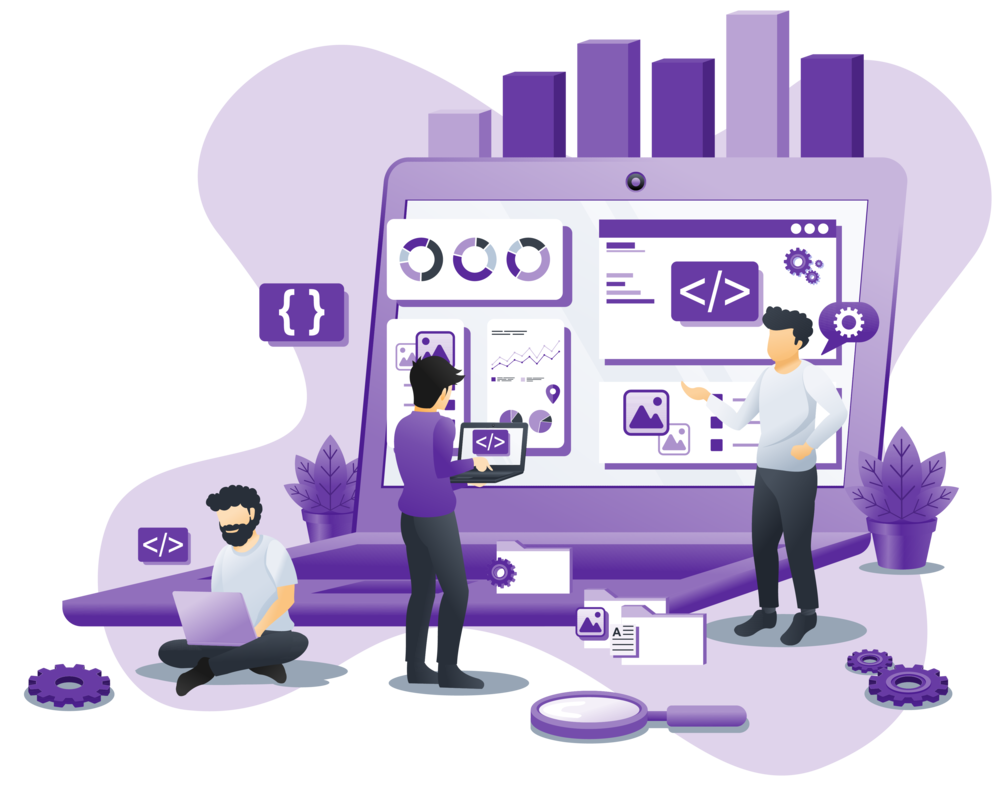
Where to Hire DevOps Development in the Gaming Industry?
Finding the right talent for DevOps in the gaming industry can be challenging. Companies often face a shortage of skilled DevOps engineers who understand the unique demands of game development. This is where IT outsourcing companies like VNEXT Global come into play.
VNEXT Global is a leading IT outsourcing company based in Vietnam, specializing in DevOps and software development. We have a proven track record of working with gaming companies to implement DevOps practices effectively. Here are some reasons why outsourcing DevOps development to companies like VNEXT Global can be advantageous:
- Access to Expertise: Outsourcing companies like VNEXT Global have a pool of highly skilled DevOps engineers with experience in the gaming industry. They understand the specific challenges and requirements of game development.
- Cost Efficiency: Outsourcing can be a cost-effective solution, as it eliminates the need to hire and maintain an in-house DevOps team. VNEXT Global offers competitive rates for their services.
- Focus on Core Competencies: By outsourcing DevOps, gaming companies can focus on their core competencies—developing exceptional games—while experts handle infrastructure, deployment, and operations.
- Scalability: Outsourcing companies can scale their resources up or down based on project needs, ensuring that gaming companies have the flexibility to adapt to changing requirements.
- Latest Tools and Technologies: Outsourcing companies stay up-to-date with the latest DevOps tools and technologies, ensuring that gaming companies benefit from the most efficient solutions.

Final Thoughts:
DevOps has emerged as a game-changer in the gaming industry, transforming the way games are developed, deployed, and maintained. The benefits of DevOps, including faster time to market, improved quality, enhanced collaboration, cost efficiency, and a better player experience, are driving its adoption in the gaming sector.
When it comes to hiring DevOps expertise in the gaming industry, outsourcing to specialized companies like VNEXT Global can provide access to experienced professionals who understand the unique challenges of game development. This approach allows gaming companies to focus on creating exceptional gaming experiences while experts handle the DevOps aspects.
In conclusion, DevOps is not just a buzzword; it's a fundamental shift in the way games are developed and delivered. Embracing DevOps practices can give gaming companies a competitive edge in a rapidly evolving industry, ensuring that players enjoy seamless, high-quality gaming experiences.
If you are looking for a trusted IT partner, VNEXT Global is the ideal choice. With 14+ years of experience, we surely can help you to optimize your business digitalization within a small budget and short time. Currently, we have 400+ IT consultants and developers in Mobile App, Web App, System Development, Blockchain Development and Testing Services. We have provided solutions to 600+ projects in several industries for clients worldwide. We are willing to become a companion on your way to success. Please tell us when is convenient for you to have an online meeting to discuss this further. Have a nice day!

